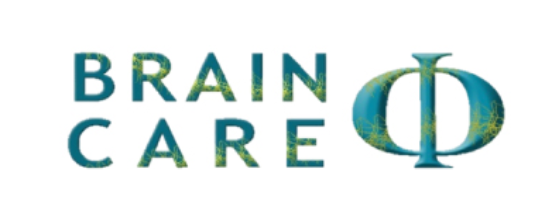Healthy brains, healthy lives.
With a motto of ‘train your brain, change your life’, Brain Care was established more than 20 years ago by a senior psychologist and former president of the Australian and New Zealand Association of Neurologists (ANZAN). It’s one of the few facilities of its kind in Australia offering drug-free, neurosensory therapies to assist those suffering from acute brain injuries, autism, ADHD and other learning difficulties, bipolar disorder, schizophrenia, anxiety and depression and even multi-personality disorder.
Patients are first seen by one of Brain Care’s expert psychologists for an initial assessment followed by what’s known as IntegNeuro – a touch-screen computer program that assesses the brain’s cognitive functioning including sensory-motor, memory, attention, language and planning capacities. The patient’s Brain Function Profile (BFP) is then mapped through a quantitative encephalogram (qEEG) which records and analyses brainwaves and compares them to an international database.
“It’s the sort of sophisticated treatment we definitely don’t have access to in Mackay,” says Nikki. “The qEEG showed Jonty was having a spike in seizure activity in her brain, which could be why she’s been having these significant anger issues and emotional outbursts. It’s one of the main things that really appealed to us about Brain Care – it’s practical treatment for the root cause of the problem, rather than just the symptoms.
“It’s something we never would have done with talk therapy and Cognitive Behaviour Therapy. They’re great, but if there’s something that isn’t quite right with the brain – the wiring of the brain – you’re really just constantly treating what you see rather than what’s actually going on. You’ve got to get to the nitty-gritty of the problem so these kids can stay on task and be focused.”
Nikki says Brain Care’s treatment is also attractive for the likes of Jonty because they don’t have to engage in lengthy and emotionally taxing psychological or psychiatric sessions.
“All she has to do is just sit and relax and let the work happen on a subconscious level,” she says. “This was something completely different for us to try and a little less confronting for Jonty to not have to sit and tell her story again and again and again.” Keep reading the article featured in Ocean Road Magazine here.
This entry was originally published in April 2022.

